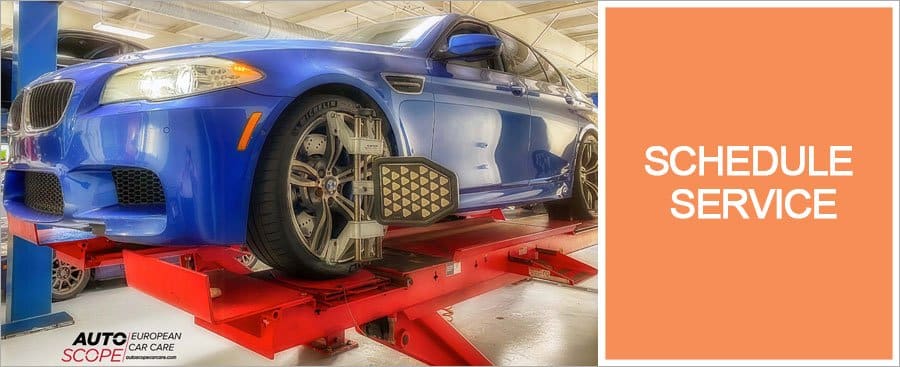Direct injection motors can provide a lot of advantages that many BMW owners look forward to when purchasing their vehicle. This particular motor type has become increasingly popular in the last few years in response to the efficiency and power that it offers.
Direct injection motors spray a precise amount of fuel right into the engine’s combustion chambers. By doing this, direct injection motors add extra efficiency and great power to the vehicle – something that many owners love to have in their BMW. But with every advantage comes some drawbacks, one of which is the higher likelihood of carbon build-up in your direct injection motor.
Here are AutoScope’s thoughts on carbon build-up in your BMW’s direct-injection motor, including what to look for, why it occurs, how to prevent it and what to do when it does happen.
Spotting a Direct Injection Issue in Your BMW
Aside from relying on the check engine light to turn on, there can be a few other signs that you should be aware of in order to catch carbon build-up in your BMW’s direct-injection motor. The most common solutions spotted in vehicles with direct injection motor issues include:
- Vehicle is running rough while driving
- Your BMW feels like it shuts off while running
If you suspect that there is an issue with your BMW caused by carbon build-up, knowing the cause and seeking the expertise of an auto mechanic that specializes in European-made vehicles is the next step.
Causes of Direct Injection Carbon Build-Up
Around the 30,000 to 60,000 mileage mark, your BMW will be at a higher risk for a carbon build-up in the cylinder of your direct injection motor. Let’s take a look at the causes.
As your odometer hits 30,000 miles, fuel that is injected into the cylinder of your motor causes a carbon build-up over time and use. When this happens, the fuel and detergent additives aren’t able to clean the valve and port within the motor. In comparison to other engines, the fuel in direct-injection motors is no longer being sprayed onto the backside of the intake valves. Because of this, the gasoline mist that normally keeps the intake ports clean is no longer present. In the end, carbon build-up is most commonly caused by a misalignment in valve and injection timing.
At this point, you would likely notice that your engine is showing the tell-tale signs of carbon build-up, like a rough-running engine, a check engine light, or your vehicle seemingly turning off while running. While carbon build-up can be somewhat of a nuisance at the beginning, this motor issue can become much more serious, leading to misfires, turbocharger issues, and even converter damage.
Preventing Carbon Build-Up in Your BMW
Regularly scheduled service for your BMW is the number one way to make sure that you’ve done everything you can do to prevent carbon build-up in your vehicle’s motor. In addition to that benefit, regular service ensures:
- Timely spark plug replacement at BMW factory recommended mileage. This reduces the amount of unburned fuel in chambers that can cause valves to stick.
- Regular oil changes every 5,000 miles with fully synthetic oil. This encourages the best performance in your BMW’s motor, including the intake valves.
- Clean your fuel injector every 30,000 miles (this is the specific recommendation for BMW vehicles). In doing this service, your vehicle’s injector spray continues to spray correctly.
While regular maintenance can seem costly at first, it is far less than the cost of maintenance once something does go wrong in your BMW direct-injection motor.
What To Do If Carbon Build-Up Has Occurred
If carbon build-up has occurred, it’s not the end of the world. At AutoScope, we are able to perform a service that removes the carbon deposits within your motor. Here’s how it works:
- Disassemble the intake manifold.
- Clean your BMW’s valves with special chemicals formulated for carbon build-up removal. This might involve soaking, scrubbing and re-soaking.
- If the build-up is severe, a media blaster may be used as well. This step is particularly specialized and should only be performed by a skilled auto technician.
BMW Repair You Can Rely On
If you feel like your BMW’s direct-injection motor needs a refresh, visit us at AutoScope for detailed European auto repair. With every service, we are dedicated to providing affordable and qualified service that gets you back on the road as soon as possible with confidence.
Schedule your personalized appointment today! Contact us online here.


